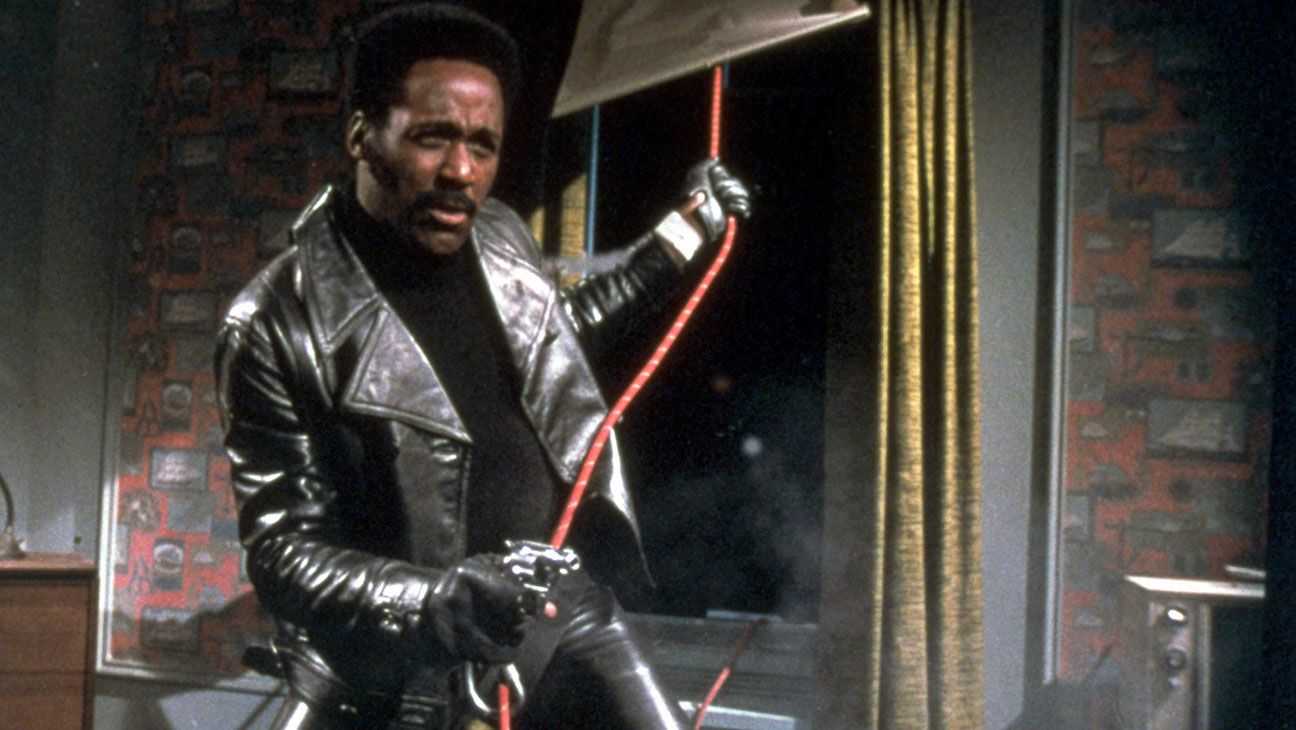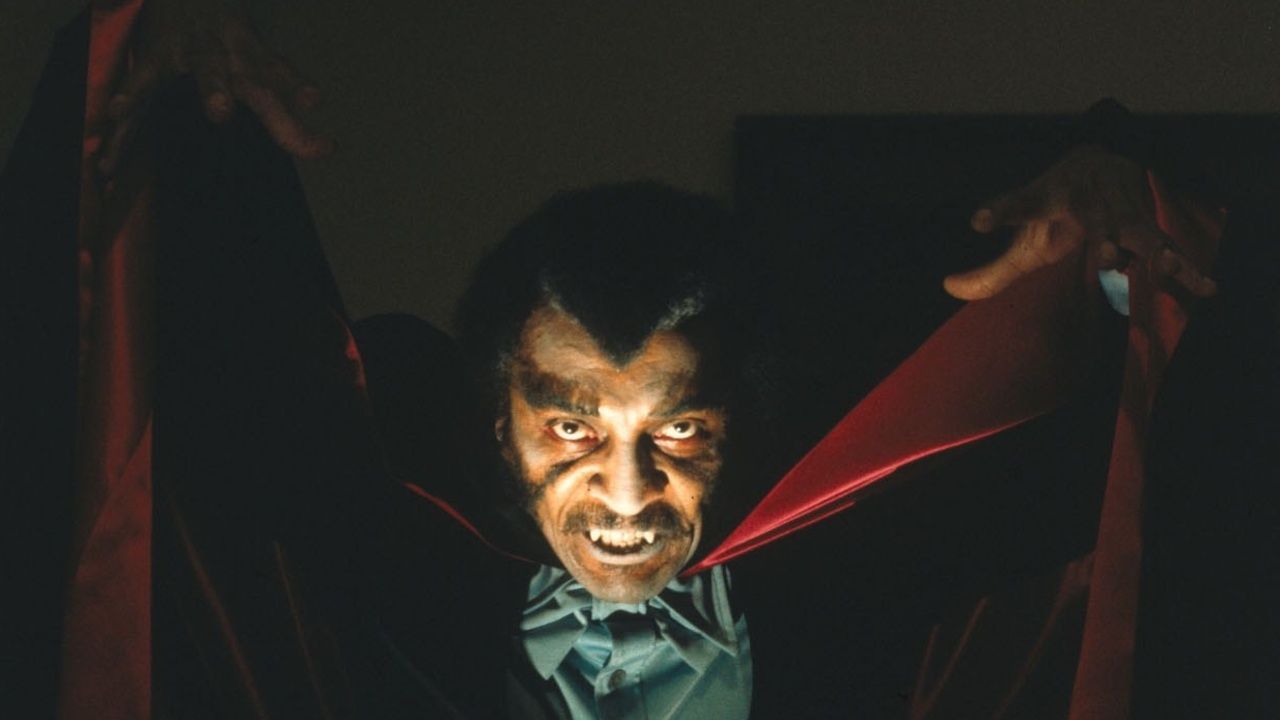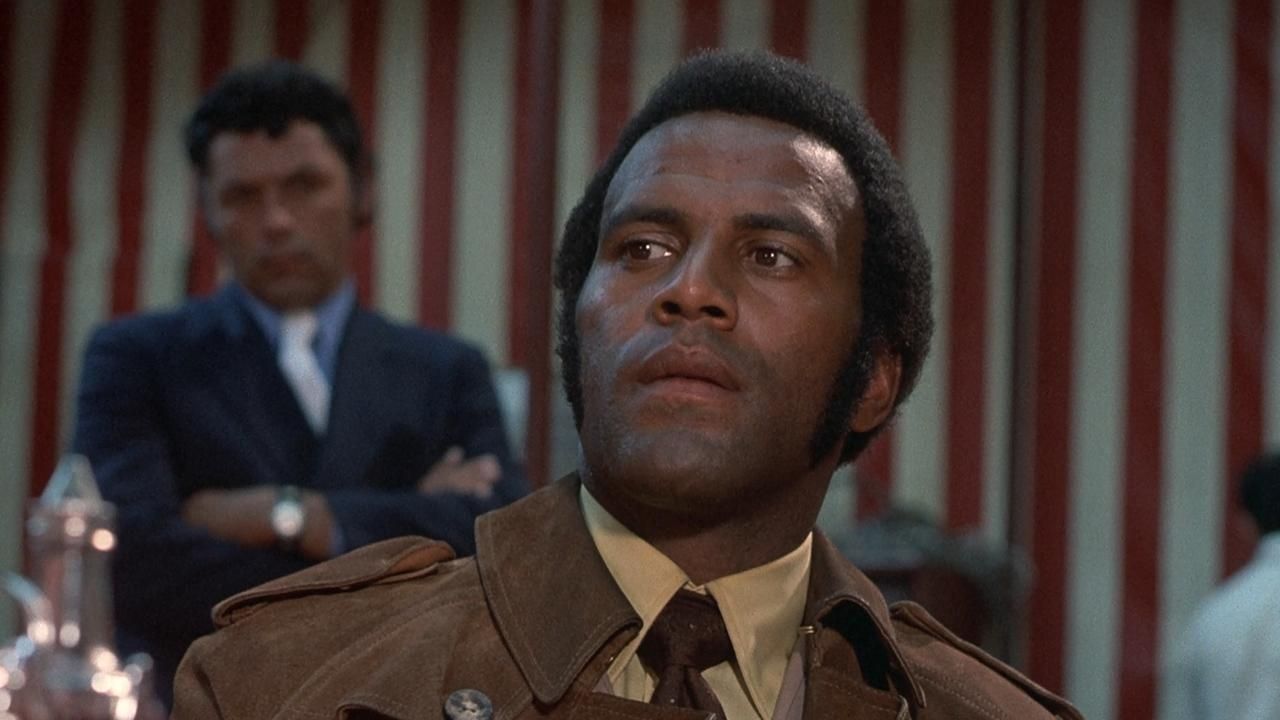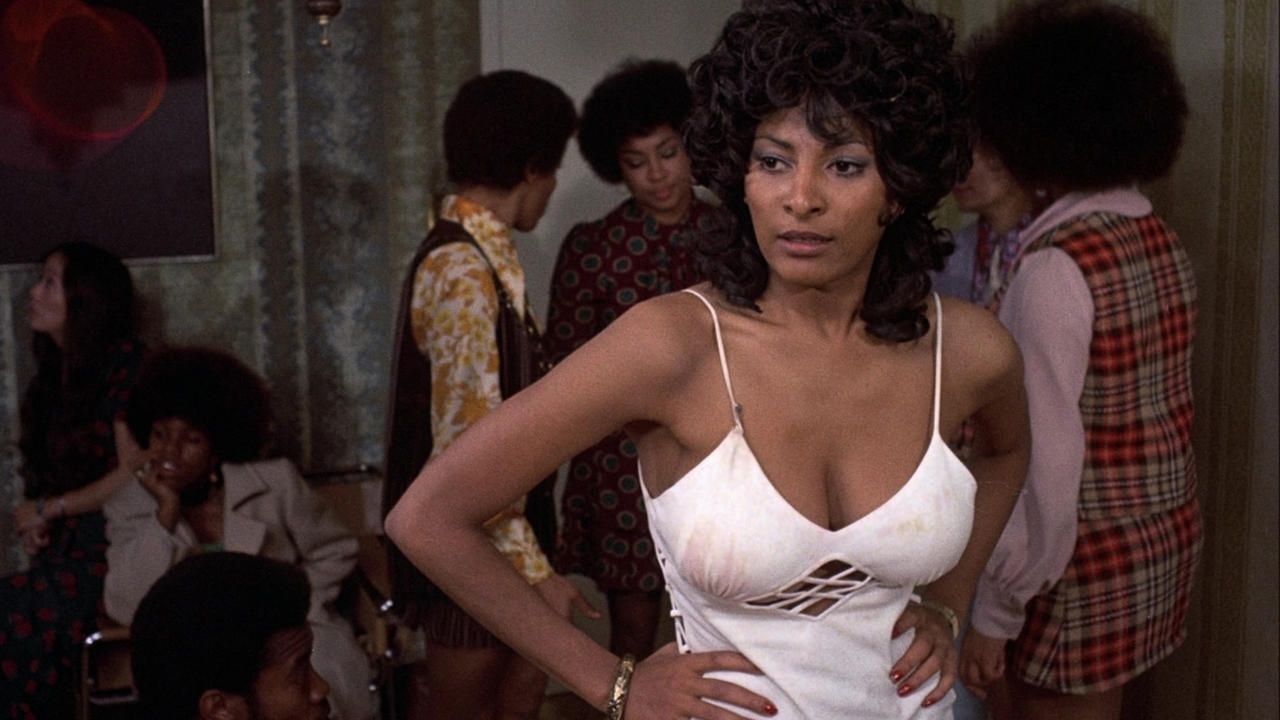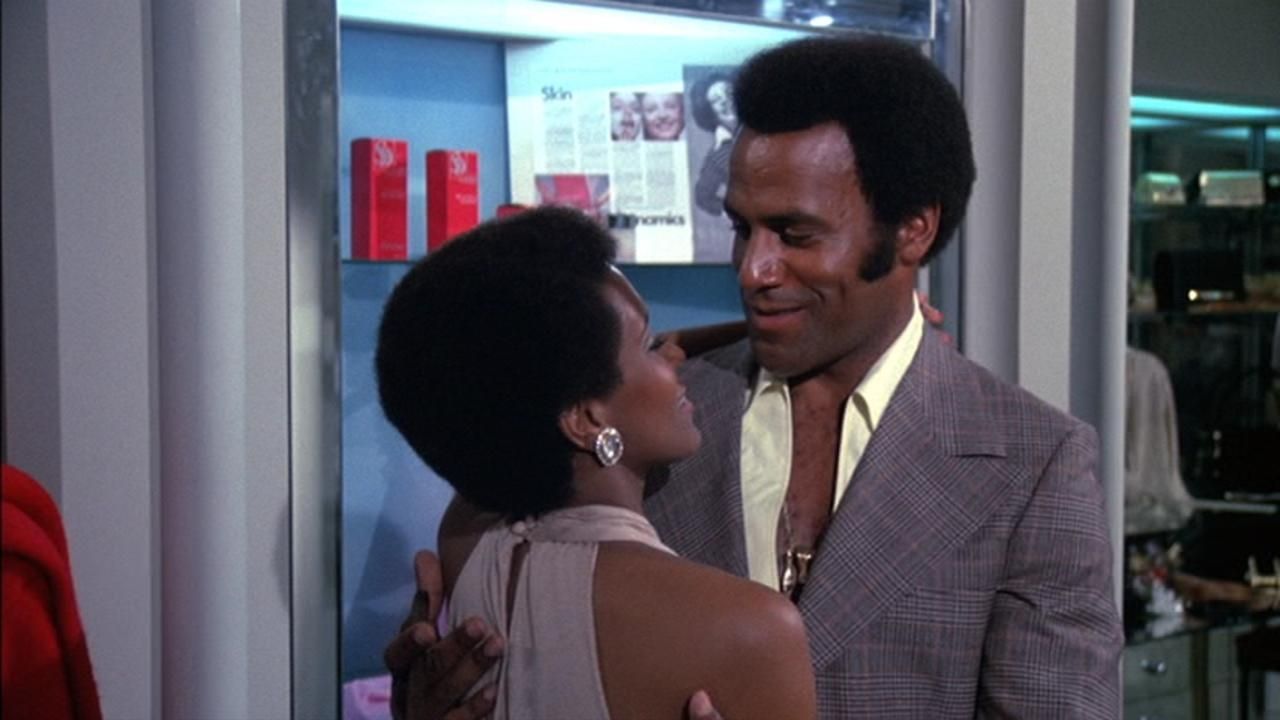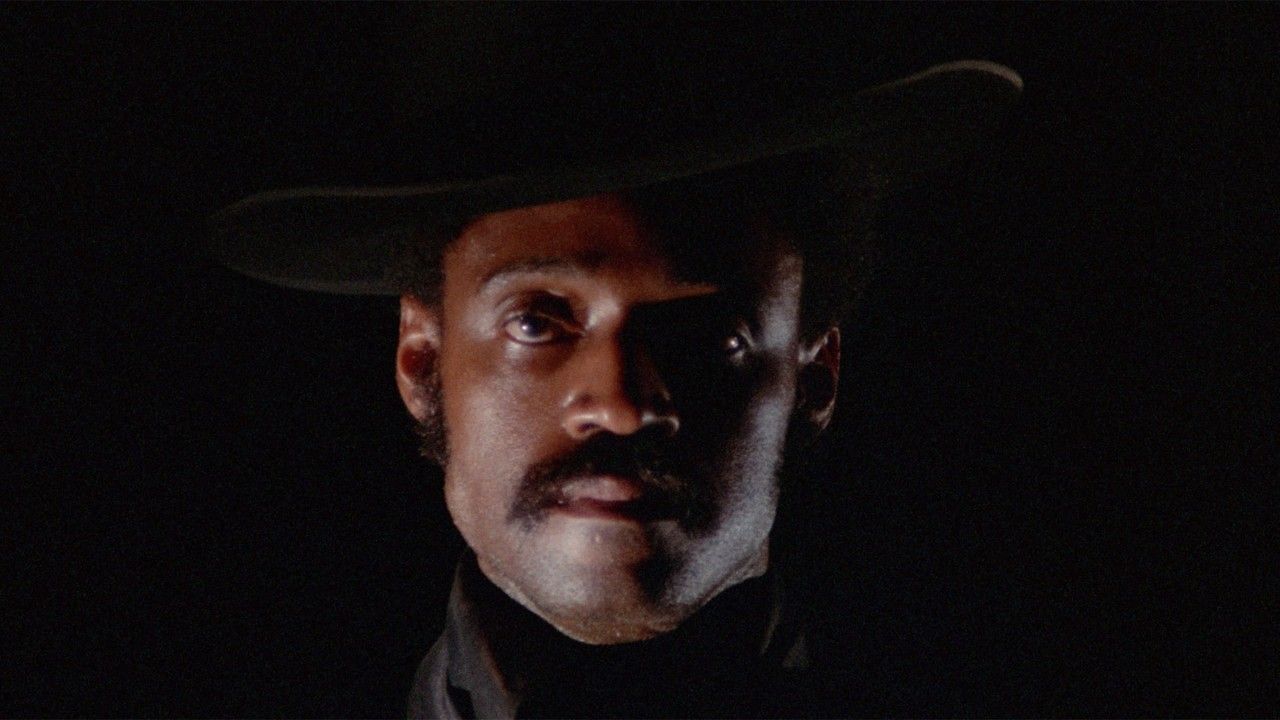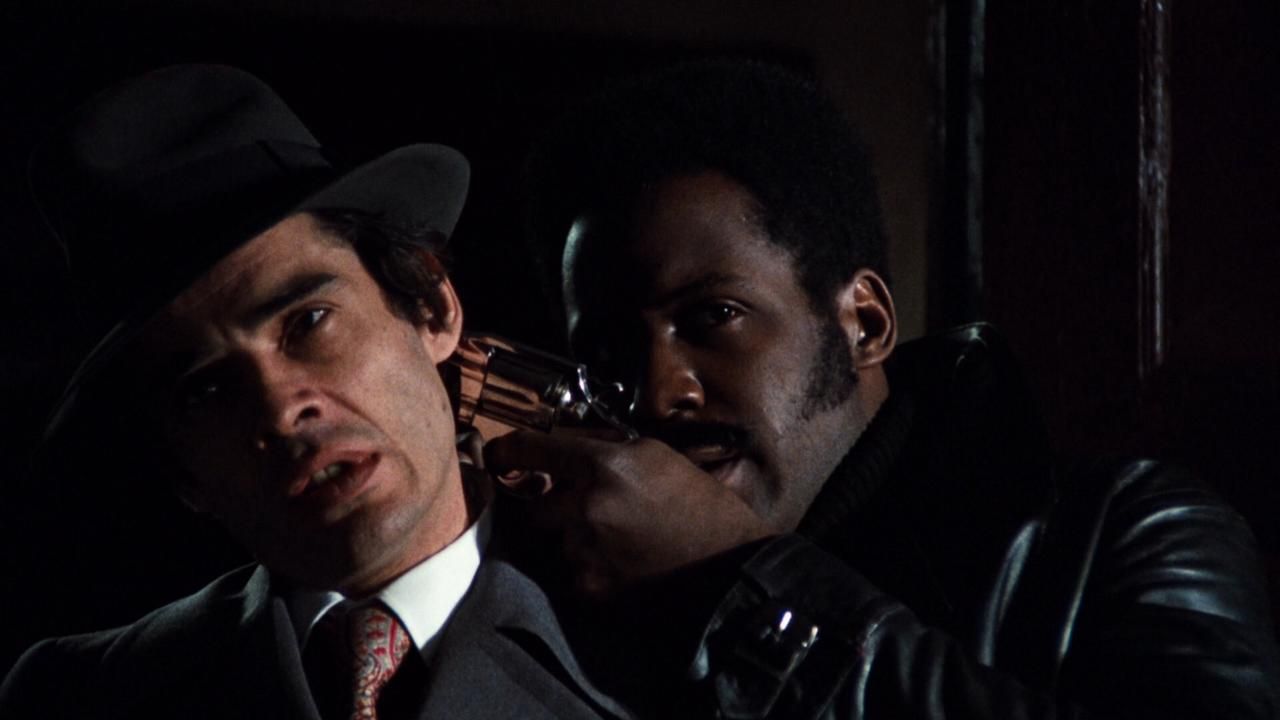In the early 1970s, two films opened the doors to a new genre that would allow Black actors to play prominent roles in the world of cinema. Gordon Parks Jr.'s Shaft and Melvin Van Peeble's Sweet Sweetback's Baadasssss Song could be deemed as the first steps in the creation of the genre often called blaxploitation. It is undeniable that this genre is crucial, a landmark trend that allowed Black roles to be presented in cinema.
However, the issue is that these films tend to represent stereotyped characters. That is why there were several organizations like the National Association for the Advancement of Colored People (NAACP) and the Congress of Racial Equality that opposed this genre, saying that it provided "poor role models to black youth". Hence, the term "blaxploitation" was coined by the NAACP by combining the two words "Black" and "exploitation." In a nutshell, their disagreement with this particular genre is due to its exploitation of black roles by embedding the stereotypes and misconceptions that are so popular; in turn, rather than rebutting these stereotypes, they are further emphasized.
Now, decades later, we are beginning to see absolute masterpieces that have Black characters from diverse backgrounds and personalities no longer representing the stereotyped Black figures. One major example is Get Out's protagonist Chris Washington, played by Daniel Kaluuya, who is a calm photographer with a keen eye and a loving personality. In addition to these films, we see many blaxploitation movies getting reboots like Dolemite Is My Name, which is now produced in higher quality and with more culturally sensitive and evaluative substance. With the genre now having developed immensely, it may be a great idea to change the term or reconsider it, especially given that it was coined by critics due to the opposition of the further stereotyping of the Black community. Nevertheless, these are important (though sometimes troubling) classics that changed the world of cinema and made a breakthrough for Black artists in a world of binaries.
6 Blacula
The mythical vampire character Dracula stems from the 1897 book by Bram Stoker. Following this, the release of the 1931 film Dracula by Tod Browning and Karl Freund marks one of the earliest film adaptations of this creature for American audiences. Obviously, this included a white male figure as the protagonist. In 1972, William Crain's Blacula helped pioneer the genre of Black horror and thus, became a fundamental film in blaxploitation. The film begins with Dracula biting Prince Mamuwalde (William Marshall) and cursing him as "Blacula" whilst imprisoning him in a coffin. Decades later, the coffin was purchased and Blacula was released, leading to him terrorize and convert people until, one day, he falls in love. This classic is definitely still prominent, as we see its reboot taking place and being adapted into a "metropolitan city post-coronavirus pandemic" setting. The film was acknowledged and beloved in a Horror Noire, a documentary about Black horror, which even considered William Marshall to be a sex symbol of the time, incorporating Blackness into the already-romantic and sexual aura surrounding Dracula.
5 Black Caesar
Larry Cohen's film stars Fred Williamson as Tommy Gibbs and Omer Jeffery as his younger self, a boy who was brutally assaulted by a white policeman named McKinney, played by Art Lund, and then grows up to be the head of a criminal empire as an attempt to revolt against the white establishment. Black Ceasar explores the massive issue of police brutality which very much exists even today, and is considred by many to be one of the best gangster films, vastly overshadowed by movies like Scarface and Martin Scorsese's masterpieces. Cohen shot it using the guerilla filmmaking technique, and Williamson points out that there were no permits, which only makes the gritty realism (so prominent in blaxploitation) of the film that much more palpable. With a legendary James Brown soundtrack that's been sampled in countless rap songs, it is obvious that Cohen's film is another exceptional addition to this genre.
4 Coffy
Roger Ebert states that Coffy is a "marriage between a soft-core skin flick and a blaxploitation movie" with some twists, being anti-drugs and having a female for a hero; while that may sound like a put-down, it's anything but in this exciting and over-the-top flick. With the iconic Pam Grier taking over the role of the protagonist, the ridiculously named Nurse Flower Child "Coffy" CoffinTruck Turner, the actor is at her best here (until Tarantino cast her in Jackie Brown) in a role even better than her classic Foxy Brown. Coffy is vengeful against those who are responsible for her sister's heroin addiction, the same people culpable for the city's corruption. This film represents a strong and independent woman who ends up achieving her goals. Whilst there is an undeniable hypersexualization of the protagonist and the same reliance on stereotypes seen in all blaxploitation, this film has been lauded for its clever underlying remarks on the nature of white supremacy and the effects of drug abuse, making it yet another classic in this genre.
3 Three The Hard Way
Three The Hard Way revolves around three protagonists, Jimmy Lait (Jim Brown), Jagger Daniels (Fred Williamson), and Mr. Keyes (Jim Kelly), who fight their way through a series of gangs and groups in order to save the Black community from white extremists. The ridiculous and over-the-top plot contains dominatrices, martial arts, R&B, neo-Nazis, and a Black genocide scheme regarding a poison lethal for Black people but harmless for whites. Whilst the film, prima facie, has an action-packed and bonkers plot, it addresses issues of racism and the mistrust the Black community often rightfully has toward government. That is why this piece by Gordon Parks Jr. is yet another crucial addition to the blaxploitation genre.
2 Sweet Sweetback's Baadasssss Song
Melvin Van Peebles's second feature film, Sweet Sweetback's Baadasssss Song follows the protagonist Sweetback, played by Peebles himself, who was born and raised in a brothel but is pushed into a dangerous story of survival. The plot prominently features powerful themes like polive violence and the reduction of Black women into sex objects, but manages to be very fun at the same time. Its portrayal of the "voyeuristic sex clubs where black ‘performers’ were watched by white customers" is a representation of the 1920s Jazz Age, and also the Harlem Renaissance. Additionally, the scenario that exposes police brutality which leads to Sweetback's journey as a fugitive (which forces him into violent retaliation) is illustrative of a major issue that is evident even today. Sweetback's character is also regarded as the "prototype" for "what Hollywood would eventually co-opt and make into the blaxploitation hero".
1 Shaft
Shaft, which contains one of the best film scores of the 70s, is yet another film by the great Gordon Parks that received highly positive feedback and has gone on to be a permanent fixture in the cultural lexicon. The use of a Black character as a private detective is a first, and Shaft was the first film to have "a major-studio action film with a black hero," something which helped lead to the perfect combination of adventure and thrill. Writers Marc Rivers and Bilal Qureshi state that, "the funk of Shaft came less from the plot than from the cool and commanding presence of its star, Richard Roundtree." Including such a strong hero was a thrill for the African-American community at a time when Black leads were sparse, especially protagonists who came out on top. Rivers and Qureshi write, "Much of the thrill came from the fact that the protagonists in these films did get away — they won. Black characters didn't often get to win on screen." Shaft is one of the best classics in this genre which was so motivational at the time, even if some of the films' stereotypes have not aged well or have been seen as exploitive. There are several reboots of Shaft, indicating a desire to pick up on what was so great about blaxploitation but to build on it in culturally important ways.

